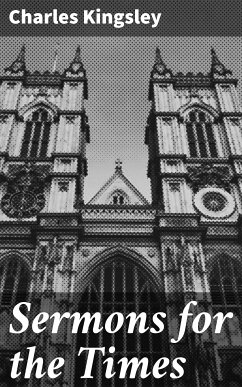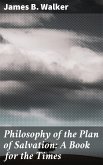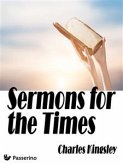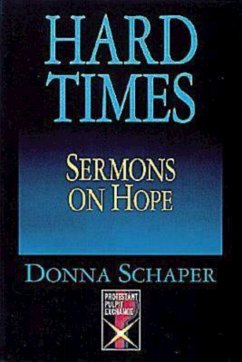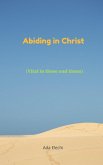In "Sermons for the Times," Charles Kingsley weaves a series of compelling sermons that transcend mere religious exhortation to engage with the social and moral issues of 19th-century Britain. Written during a period marked by industrialization, social inequality, and spiritual uncertainty, Kingsley'Äôs prose is imbued with a passionate rhetoric that reflects both Victorian ideals and Christian doctrine. His literary style is characterized by vivid imagery and a blend of didacticism and poetry, as he addresses themes of justice, charity, and personal responsibility, urging his congregation'Äîand by extension, society'Äîto enact meaningful change in their lives and communities. Charles Kingsley was not only a renowned cleric but also a noted novelist and social reformer, whose experiences as a parish priest in impoverished areas greatly influenced his moral and theological outlook. His advocacy for social justice and environmental stewardship was revolutionary for his time, and the sermons encapsulated in this work reveal his deep concern for the well-being of both individual souls and the collective society. Kingsley'Äôs multifaceted understanding of human nature and society compelled him to address contemporary dilemmas through a spiritual lens, making his sermons relevant and poignant. Recommended for readers interested in the intersection of faith and social reform, "Sermons for the Times" offers timeless insights that resonate beyond its era. Both scholars and general readers will find Kingsley'Äôs arguments compelling as they reflect on the moral imperatives of their own times. This collection serves as both a theological guide and a call to action, urging readers to consider the impact of their faith on societal issues.
Dieser Download kann aus rechtlichen Gründen nur mit Rechnungsadresse in A, B, BG, CY, CZ, D, DK, EW, E, FIN, F, GR, H, IRL, I, LT, L, LR, M, NL, PL, P, R, S, SLO, SK ausgeliefert werden.

